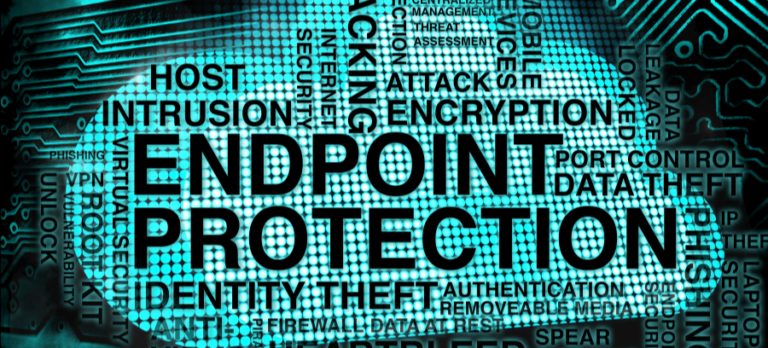In today’s digital age, the security of your website is more critical than ever. As technology advances, so do the tactics of cybercriminals. If you don’t take the necessary steps to protect your website from hackers, you could face data breaches, financial loss, or even the collapse of your business. This is especially true as we approach 2024, where online security threats are at an all-time high.
Protecting your website might seem complicated, but with the right strategies, you can safeguard your online presence. In this blog, we will explore the top strategies you can use to protect your website from hackers in 2024.
1. Regularly Update Your Software
One of the easiest and most effective ways to protect your website from hackers is by keeping your software up to date. This includes your content management system (CMS), plugins, themes, and server software. Hackers are always looking for vulnerabilities in outdated software, and once they find them, they can exploit these weaknesses to gain access to your website.
Why Updating Matters
When software companies release updates, they often include patches for security vulnerabilities. By not updating, you’re leaving these holes wide open for cybercriminals. Think of updates as a security shield—by applying them regularly, you reduce the chances of getting hacked.
At Certified Nerds, we understand the importance of keeping your software up to date. We provide regular maintenance services to ensure that your website is always secure from potential threats.
2. Use Strong Passwords and Two-Factor Authentication (2FA)
Another simple yet effective strategy to protect your website from hackers is by following Password Management 101: Certified Nerds’ Advice. Weak passwords are one of the easiest ways for hackers to gain access to your website, but by implementing strong, complex passwords, you make it much more difficult for them. Additionally, enabling two-factor authentication (2FA) adds an extra layer of security, ensuring your website is well protected from unauthorized access.
Two-Factor Authentication (2FA)
Two-factor authentication adds an extra layer of security by requiring you to enter a second form of identification, such as a code sent to your phone, in addition to your password. This ensures that even if someone steals your password, they still can’t access your website without the second form of authentication.
Certified Nerds can assist in setting up strong password policies and 2FA for your website, ensuring that your login credentials are protected from cybercriminals.
3. Install a Web Application Firewall (WAF)
A Web Application Firewall (WAF) acts as a barrier between your website and the internet. It monitors incoming traffic and blocks suspicious activity that could be harmful to your website. By installing a WAF, you can protect your website from hackers who attempt to exploit vulnerabilities in your code or try to launch brute force attacks.
How WAF Works
A WAF protects your website by filtering and monitoring HTTP traffic between your website and the user. It detects and blocks threats such as SQL injections, cross-site scripting (XSS), and other web-based attacks before they can do any harm.
Certified Nerds provides WAF installation and management services, helping you ensure that your website is shielded from harmful attacks in 2024.
4. Back Up Your Website Regularly

Regular backups are essential for website security. If your website gets hacked or compromised in any way, having a recent backup can help you quickly restore your site without losing any critical data. Backing up your website ensures that, even in the worst-case scenario, you can recover without too much downtime or loss of information.
How Often Should You Back Up?
Ideally, you should back up your website daily or at least weekly, depending on how often you update your site. Many hosting providers offer automatic backups, but it’s always a good idea to have your own system in place as well.
At Certified Nerds, we offer reliable backup solutions to keep your website’s data safe and easily recoverable in the event of a hack or breach.
5. Secure Your Website with HTTPS
How To Protect Your Website From Cyber Attacks starts with switching your website to HTTPS, one of the most effective methods. HTTPS ensures that the data exchanged between your website and its users is encrypted, making it difficult for hackers to intercept and steal sensitive information. By securing your website with HTTPS, you significantly reduce the risk of cyber attacks and safeguard both your business and your customers.
The Importance of SSL Certificates
HTTPS works by using an SSL (Secure Socket Layer) certificate, which encrypts the communication between your website and the user’s browser. This is especially important if your website handles sensitive information such as payment details or personal data.
Certified Nerds can help you install and manage SSL certificates, ensuring that your website is secure and provides a safe environment for your visitors.
6. Limit User Access and Permissions
Not everyone who has access to your website needs full control. One way to protect your website from hackers is by limiting user access and permissions. By assigning the correct roles to each user, you minimize the risk of someone unintentionally or maliciously damaging your website.
How to Manage User Permissions
Ensure that only trusted individuals have admin-level access to your website. You can also create different levels of access for users who only need to perform specific tasks, such as editing content or moderating comments.
At Certified Nerds, we can help you set up proper user roles and permissions, making sure that only the right people have the right access to your website.
7. Protect Against SQL Injections
SQL injections are one of the most common types of website attacks. This type of attack occurs when a hacker uses a web form or URL parameter to insert malicious SQL code into your database. If successful, they can gain access to your website’s data, including sensitive information like passwords and user details.
How to Prevent SQL Injections
The best way to prevent SQL injections is by using parameterized queries. These queries ensure that any SQL code entered into a web form or URL parameter is treated as data rather than executable code.
Certified Nerds offers advanced security services, including SQL injection prevention, to help protect your website from these dangerous attacks.
8. Monitor Your Website for Suspicious Activity
Constantly monitoring your website for suspicious activity is key to catching potential hacks before they can cause damage. This includes keeping an eye on login attempts, file changes, and unusual traffic spikes that could indicate an attack.
Use Monitoring Tools
There are several tools available that can help you monitor your website for suspicious activity. These tools alert you when something unusual is happening, allowing you to take immediate action.
Certified Nerds provides 24/7 monitoring services to help you stay ahead of potential threats, ensuring that your website remains secure in 2024.
9. Install Anti-Malware Software
Anti-malware software scans your website for malicious code and helps remove it before it can cause harm. This type of software is designed to detect and eliminate viruses, trojans, and other types of malware that could be used by hackers to compromise your site.
Keep Your Anti-Malware Software Updated
It’s important to regularly update your anti-malware software so it can detect the latest threats. An outdated system might not recognize new types of malware, leaving your website vulnerable to attacks.
At Certified Nerds, we offer anti-malware installation and management services, ensuring that your website is protected from the latest threats.
10. Train Your Team in Cybersecurity Best Practices

Lastly, one of the most effective ways to protect your website from hackers is by educating your team on cybersecurity best practices. Many successful hacks are the result of human error, such as falling for phishing scams or using weak passwords.
Conduct Regular Training
Regularly training your team on the latest cybersecurity threats and how to avoid them can significantly reduce the risk of a security breach. Ensure that everyone understands the importance of strong passwords, avoiding suspicious links, and reporting any unusual activity.
Certified Nerds offers comprehensive cybersecurity training for teams, ensuring that your staff is well-prepared to prevent potential threats.
Conclusion
In 2024, the threat of cyberattacks is only going to increase, but by implementing the strategies outlined in this blog, you can effectively protect your website from hackers. From updating your software and using strong passwords to installing firewalls and educating your team, there are numerous steps you can take to secure your site.
At Certified Nerds, we specialize in providing top-tier cybersecurity services, including website monitoring, malware protection, and training. By partnering with us, you can ensure that your website is safe from hackers and fully prepared to handle the security challenges of the future.
Protect your website, protect your business, contact Certified Nerds today!
FAQ’S
How do most hackers find websites to target?
Hackers often use automated tools to scan the web for vulnerabilities, such as outdated software or weak passwords, making it easier to identify and exploit insecure websites.
Can a secure website be hacked?
Yes, even secure websites can be hacked if vulnerabilities arise from human error, outdated security measures, or sophisticated attacks that bypass existing defenses, emphasizing the need for constant monitoring.
How do hackers penetrate a website?
Hackers penetrate websites by exploiting weaknesses such as SQL injection, cross-site scripting (XSS), or weak login credentials, using these vulnerabilities to gain unauthorized access to the site’s data.
What protects websites from hackers?
Websites are protected by strategies like updating software, using strong passwords, installing firewalls, enabling two-factor authentication (2FA), and regularly monitoring for suspicious activity to prevent hacking attempts.





